Latest news
Explore our latest energy news and knowledge hub articles.
Climate Connect Aotearoa is collaborating with Counties Energy, Ara Ake (the government’s future energy organisation), and Franklin community organisations to pilot how, in the right regulatory and business scenario, homes and businesses in the community could benefit from sharing solar-generated energy – and lead to a smarter, more resilient and affordable energy system.
Currently, New Zealand households, organisations and businesses investing in solar panels and storage cannot easily share, donate or trade excess energy. Any unused generation is sent back to the grid, where generating customers tend to be offered a low rate from their existing retailer to buy back the power they’ve generated.
Meanwhile, many Tāmaki Makaurau Auckland households face high electricity costs but cannot afford the upfront cost of a rooftop solar system to enable them to benefit from savings, and regulatory barriers prevent peer-to-peer solar sharing, leading to a mismatch of supply and demand.
Expanding rooftop solar uptake can enhance climate resilience, increase renewable energy, and reduce emissions in the region.
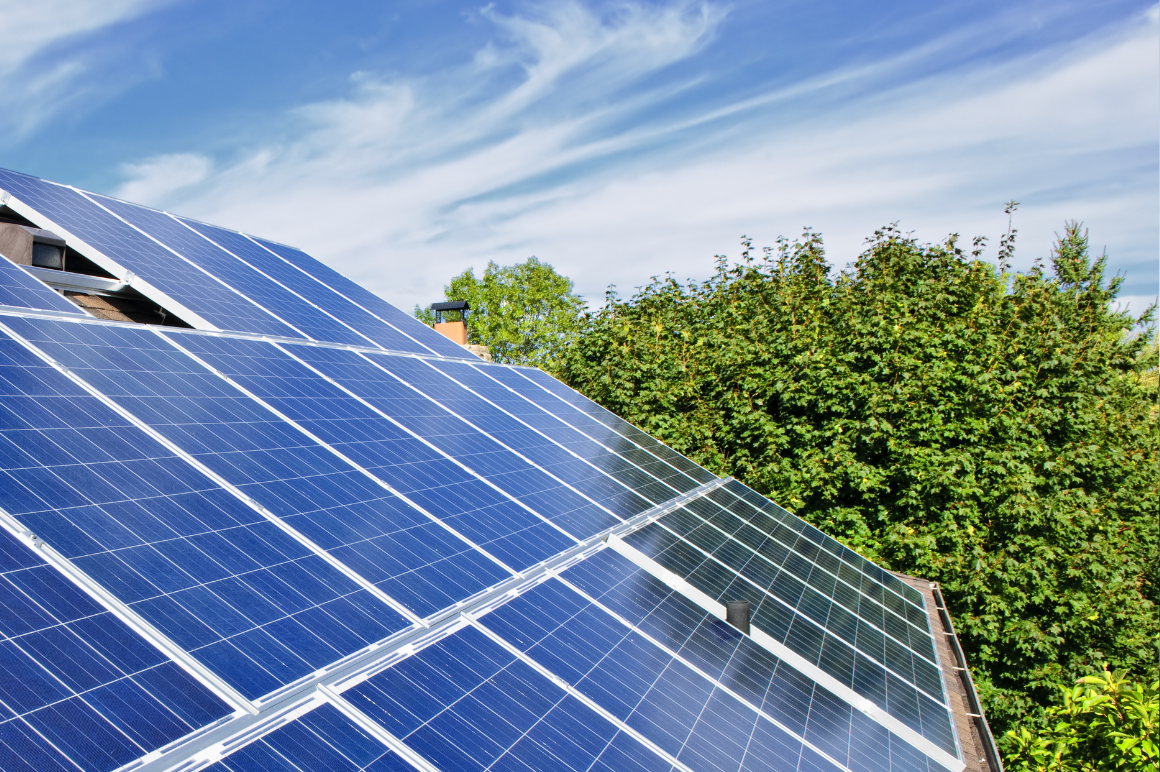
With a planned launch of October 2025, the Franklin Energy Sharing Pilot explores how communities can benefit from solar generation and battery storage that is not located on their properties.
How it works
The pilot tests multiple trading relationships. At Counties Energy headquarters in Pukekohe, solar panels and a community-scale battery have been installed. The electricity generated is shared with local community organisations that provide essential services to families in hardship:
Through this project, electricity is gifted directly to these organisations, helping them reduce costs and continue supporting local families.
A community-scale battery will store surplus solar energy for use during demand peaks, enhancing community resilience and network management.
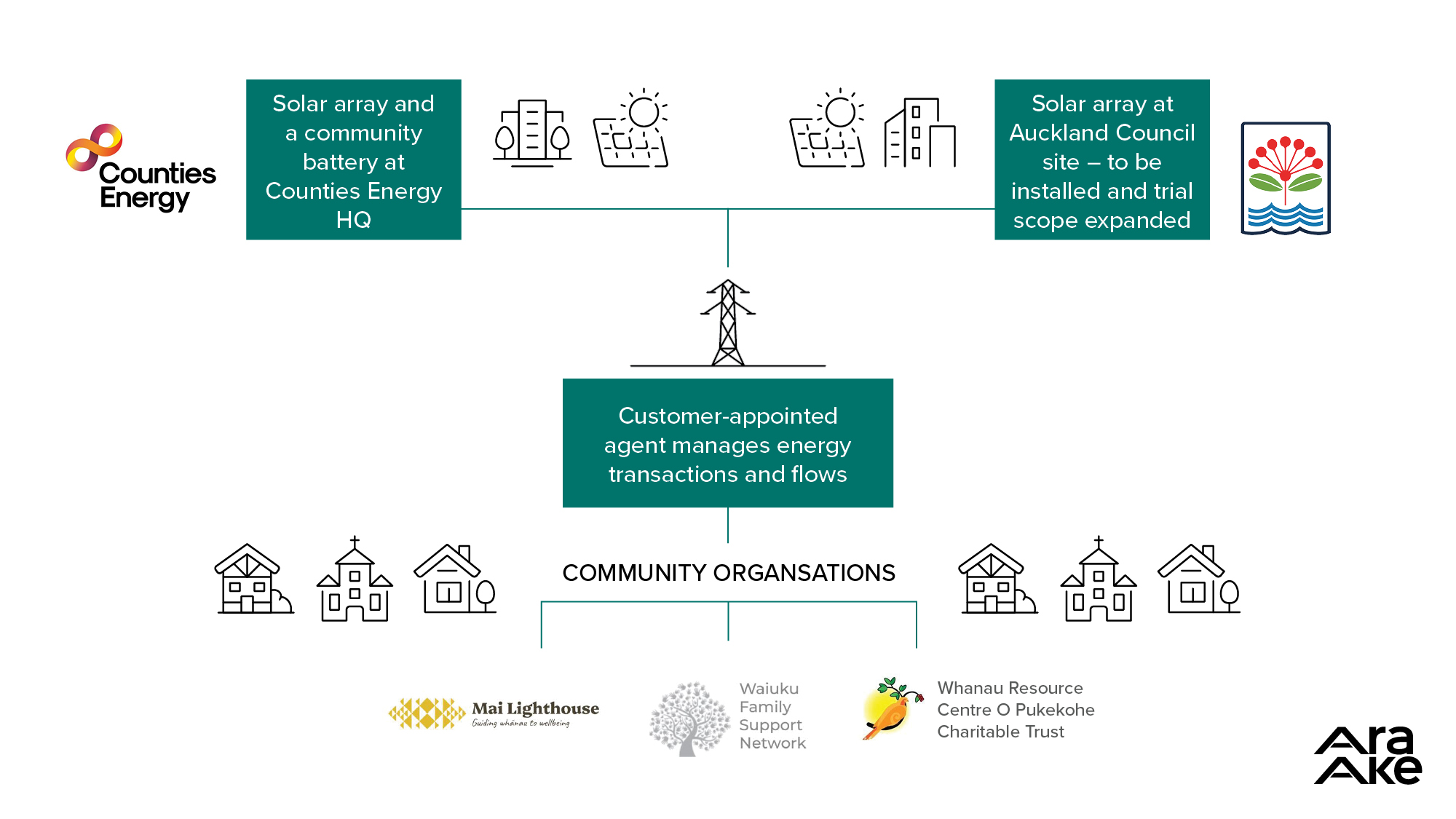
Electricity is shared using an off-market peer-to-peer trading process. Customers receive a credit on their electricity bill, reflecting the solar power generated and battery energy discharged during each 30-minute trading period.
An energy sharing broker manages the process, including energy matching and multi-party billing, so it’s simple for customers.
The trial replicates the effect of having generation located at the customer’s own premises, offsetting their electricity consumption. In this case, however, the generation is remote and not physically connected to the customer’s installation. Despite this difference, the net impact on the customer’s electricity invoice is the same as if the generation were on-site.
In this methodology, we use the terms:
The project is supported via the Electricity Authority’s Power Innovation Pathway. Regulatory exemptions are currently being considered to enable the pilot.
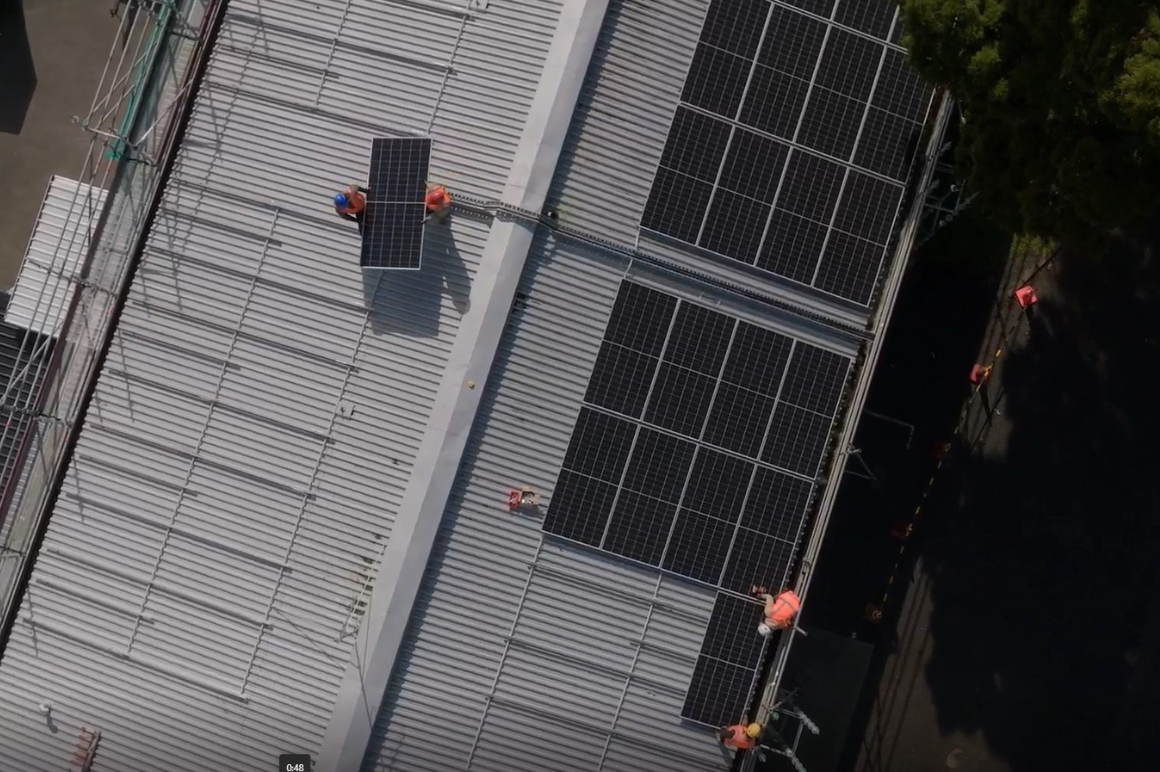
With oversight of project management, Climate Connect Aotearoa is providing community and stakeholder engagement; design and delivery of an energy-sharing education programme; and rolling out solar panels on Auckland Council sites for future inclusion into energy sharing community.
Stakeholders

The project is supported by Climate Connect Aotearoa's strengths in bringing government, business and community stakeholders around an agreed climate problem, and the goal of connecting demand-led climate challenges to scalable solutions that offer many benefits, from social equity and inclusion to job creation.
It also supports Te Tāruke ā Tāwhiri action EN5: develop, deliver and support local and regional decentralised renewable energy solutions.
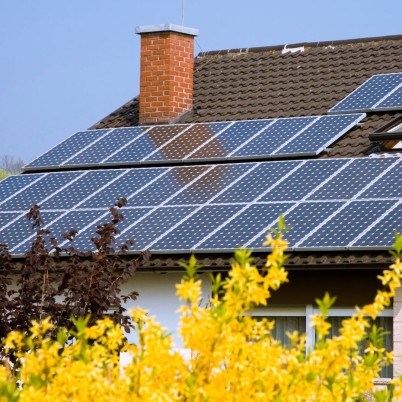
Explore our latest energy news and knowledge hub articles.